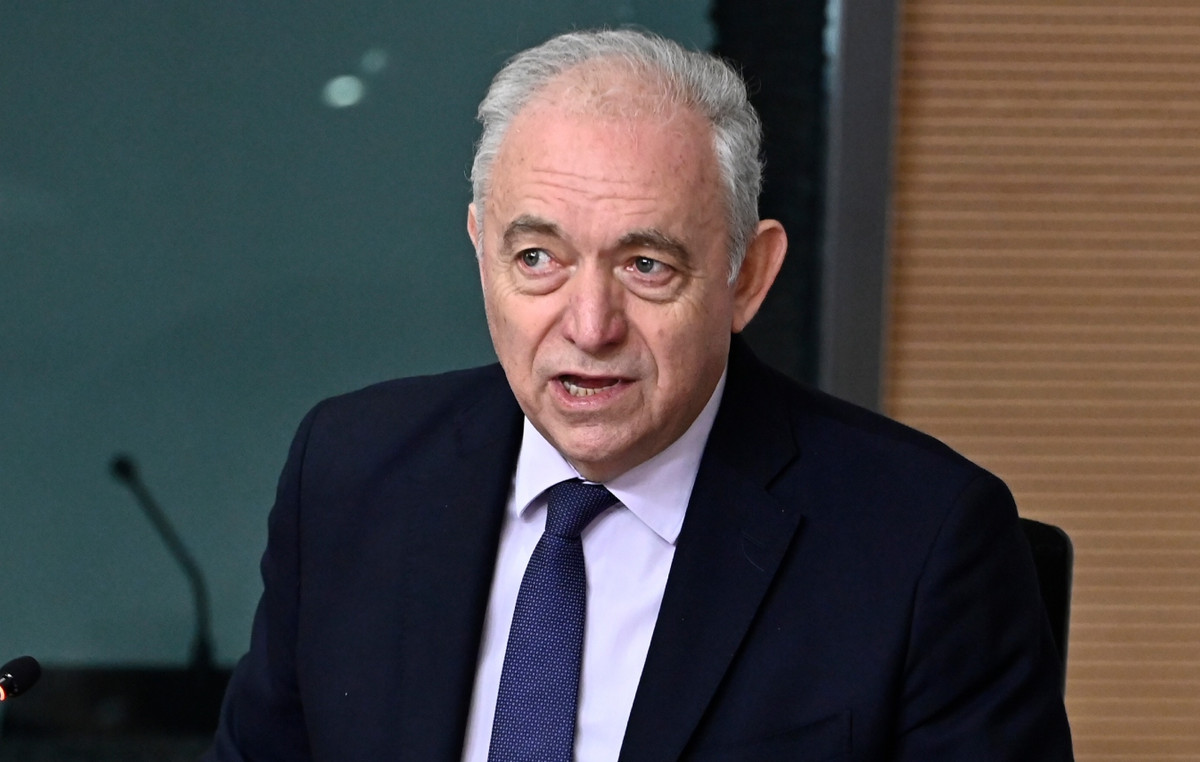The tax that, in Sweden, contributed to reduce plastic bag consumption by over 75% in the last four years, it has been abolished. It was introduced in May 2020: it amounted to 25 euro cents per bag. And it had a notable effect: in 2019, before its application, every Swede used on average 74 plastic bags a year, while in 2023 the average consumption was reduced to just 17 bags per person (data fromEnvironmental Protection Agency).
This measure was born from the implementation of a European directive of 2015which required Member States to drastically reduce the use of single-use plastic. And, now, the Swedish Environmental Protection Agency is concerned about the repeal of the tax, believing that it is still necessary to consolidate citizens’ habits and that its abolition could bring the use of plastic back to previous levels. “We don’t think it’s time to cancel this tax,” said Åsa Stenmarck, spokeswoman for the agency.
But already in 2022, the current centre-right coalition governmentsupported by the far-right party SverigedemokraternaSD, had anticipated the intention to eliminate the tax, claiming that Sweden had already achieved the goal required by the European Union. According to the Minister of Climate and Environment, Romina Pourmokhtari, Swedes «use plastic bags wisely in their daily lives”, and are careful not to add to the amount of plastic waste. So there is “no reason why they have to be more expensive.” For the government, therefore, the tax is no longer necessary.
Stenmarck, however, warned of the possible consequences: «We don’t know what will happen now. The European objective of reducing consumption to 40 bags per person remains valid for 2025. If we do not reach it, we risk sanctions». The responsibility for maintaining sustainable habits therefore passes to the industry, which hopefully does not return to promoting plastic bags, and to consumers, who hopefully have consolidated the habit of bringing reusable bags from home when they go shopping.
Despite Sweden is the home of the plastic bagwhich was patented by the Swedish company Celloplast in 1965, was also among the first countries to promote its reduction. Swedish supermarkets have been charging for bags for a long time of plastic and paper, encouraging customers to use their own bags, and the 2020 tax has accelerated the decline in plastic use in other retail sectors as well.
According to Joakim Brodahl of the non-profit organization Keep Sweden Clean, canceling the tax will likely make the bags cheaper, thus encouraging their purchase. “There is a real risk that we will quickly return to old habits unless traders carefully monitor the trend of plastic bag sales.”
Source: Vanity Fair
I’m Susan Karen, a professional writer and editor at World Stock Market. I specialize in Entertainment news, writing stories that keep readers informed on all the latest developments in the industry. With over five years of experience in creating engaging content and copywriting for various media outlets, I have grown to become an invaluable asset to any team.







